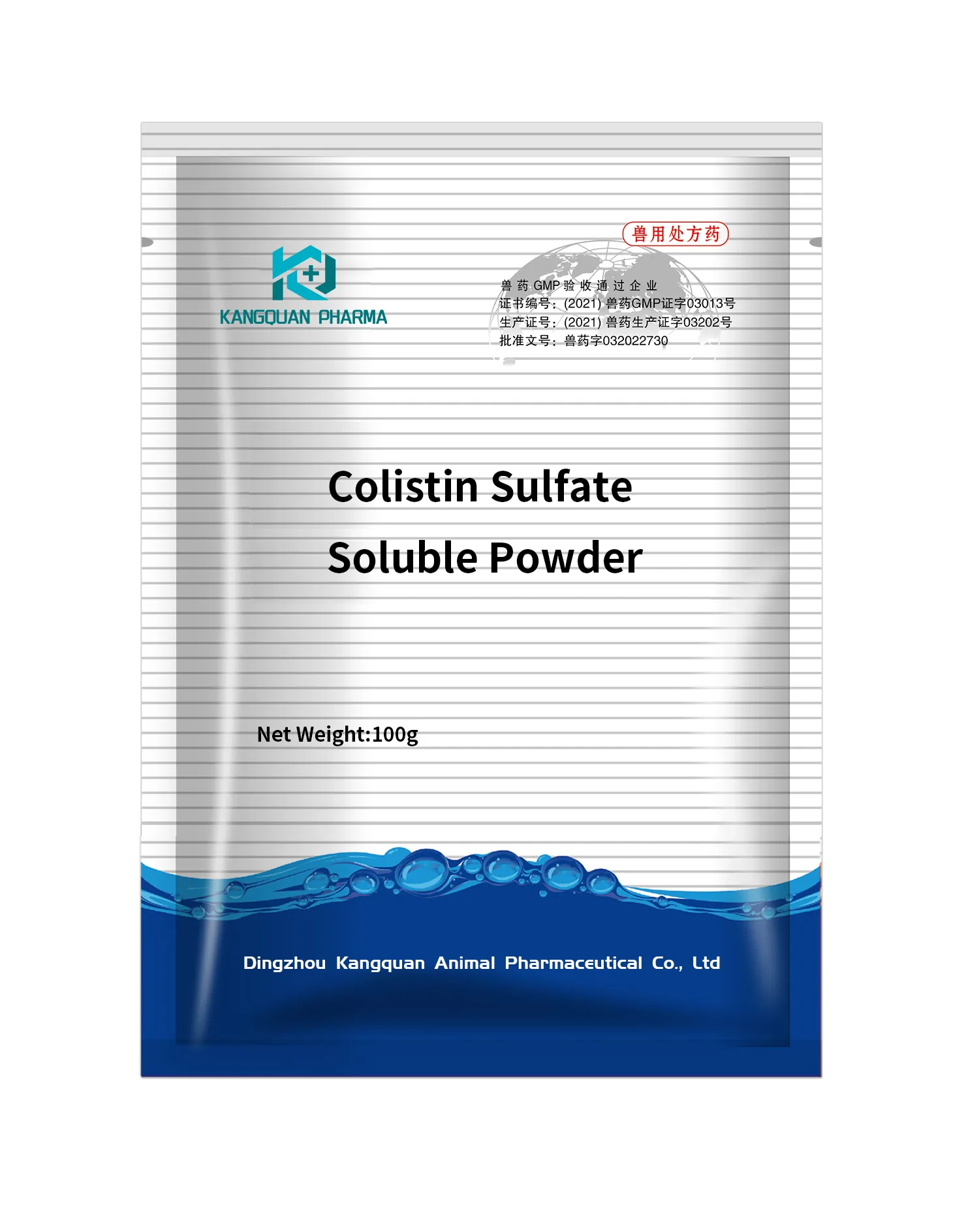- Afrikaans
- Albanian
- Amharic
- Arabic
- Armenian
- Azerbaijani
- Basque
- Belarusian
- Bengali
- Bosnian
- Bulgarian
- Catalan
- Cebuano
- Corsican
- Croatian
- Czech
- Danish
- Dutch
- English
- Esperanto
- Estonian
- Finnish
- French
- Frisian
- Galician
- Georgian
- German
- Greek
- Gujarati
- Haitian Creole
- hausa
- hawaiian
- Hebrew
- Hindi
- Miao
- Hungarian
- Icelandic
- igbo
- Indonesian
- irish
- Italian
- Japanese
- Javanese
- Kannada
- kazakh
- Khmer
- Rwandese
- Korean
- Kurdish
- Kyrgyz
- Lao
- Latin
- Latvian
- Lithuanian
- Luxembourgish
- Macedonian
- Malgashi
- Malay
- Malayalam
- Maltese
- Maori
- Marathi
- Mongolian
- Myanmar
- Nepali
- Norwegian
- Norwegian
- Occitan
- Pashto
- Persian
- Polish
- Portuguese
- Punjabi
- Romanian
- Russian
- Samoan
- Scottish Gaelic
- Serbian
- Sesotho
- Shona
- Sindhi
- Sinhala
- Slovak
- Slovenian
- Somali
- Spanish
- Sundanese
- Swahili
- Swedish
- Tagalog
- Tajik
- Tamil
- Tatar
- Telugu
- Thai
- Turkish
- Turkmen
- Ukrainian
- Urdu
- Uighur
- Uzbek
- Vietnamese
- Welsh
- Bantu
- Yiddish
- Yoruba
- Zulu
Nov . 10, 2024 08:06 Back to list
Understanding the Uses and Risks of Colistin Sulfate in Medicine and Agriculture
Colistin Sulfate An Overview of Its Uses and Concerns
Colistin sulfate, a polypeptide antibiotic derived from the bacterium *Bacillus polymyxa*, has garnered significant attention in the medical and veterinary fields since its discovery. Historically, colistin was used primarily to combat Gram-negative bacterial infections, particularly those caused by multi-drug resistant strains. In recent years, however, the resurgence in its use has sparked discussions about the implications of antibiotic resistance and the role of colistin in both human and animal health.
Colistin sulfate functions by targeting the outer membrane of Gram-negative bacteria, disrupting their integrity and ultimately leading to cell death. It is particularly effective against Pseudomonas aeruginosa, Escherichia coli, and Klebsiella pneumoniae, making it a critical agent in treating infections that do not respond to other antibiotics. Due to the increasing incidence of antibiotic resistance, especially in nosocomial infections, colistin has become a last-resort option for clinicians dealing with serious infections.
In veterinary medicine, colistin sulfate is used to promote growth in livestock and as a treatment for infections in farm animals
. This practice has raised concerns about the potential for colistin to contribute to the development of antibiotic-resistant bacteria. When animals are treated with antibiotics, there is a risk that resistant strains may emerge, which can be transmitted to humans through the food supply or direct contact. Studies have shown that colistin-resistant bacteria can be found in food products and can even be transferred to human gut microbiota, complicating treatment options for patients infected with resistant strains.colistin sulfate

The World Health Organization (WHO) has classified colistin as a critically important antimicrobial for human medicine. This classification underscores the need for cautious use, particularly in agriculture. Efforts to mitigate the risks associated with colistin in livestock include stricter regulations on its use and the promotion of alternative strategies for infection prevention and growth promotion in animals.
Despite its benefits, the resurgence of colistin use raises several ethical and practical questions. Balancing the need for effective treatment options for severe bacterial infections against the potential for widespread antibiotic resistance is a complex challenge. Additionally, there are concerns regarding the safety profile of colistin, as it has been associated with nephrotoxicity and neurotoxicity, limiting its use in certain populations.
Recent advancements in research have also introduced new antimicrobial strategies that could serve as alternatives to colistin. These include the development of bacteriophages, which are viruses that specifically target bacteria, and novel compounds that can disrupt bacterial communication or biofilm formation. Such innovations may provide additional tools in the fight against multidrug-resistant infections.
In conclusion, colistin sulfate remains a pivotal element in the antibiotic arsenal, especially in the age of increasing antibiotic resistance. Its efficacy against challenging pathogens needs to be balanced with the potential consequences of promoting resistance. Ongoing research, regulation, and responsible usage in both human and veterinary medicine are crucial to maintaining the effectiveness of colistin while safeguarding public health. As we move forward, a collaborative effort between healthcare professionals, veterinarians, and policymakers will be essential to navigate the complexities associated with this vital antibiotic.
-
Guide to Oxytetracycline Injection
NewsMar.27,2025
-
Guide to Colistin Sulphate
NewsMar.27,2025
-
Gentamicin Sulfate: Uses, Price, And Key Information
NewsMar.27,2025
-
Enrofloxacin Injection: Uses, Price, And Supplier Information
NewsMar.27,2025
-
Dexamethasone Sodium Phosphate Injection: Uses, Price, And Key Information
NewsMar.27,2025
-
Albendazole Tablet: Uses, Dosage, Cost, And Key Information
NewsMar.27,2025













